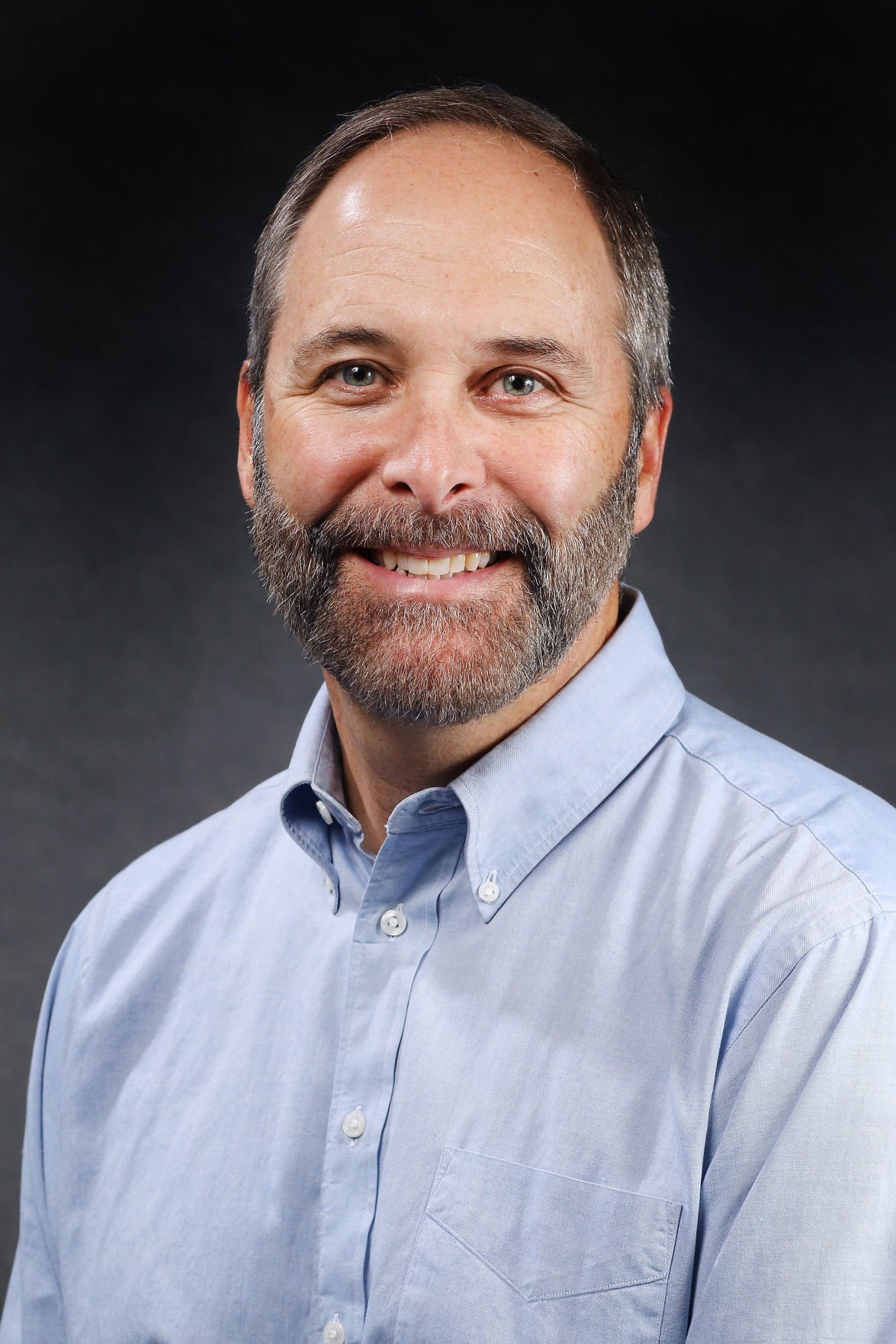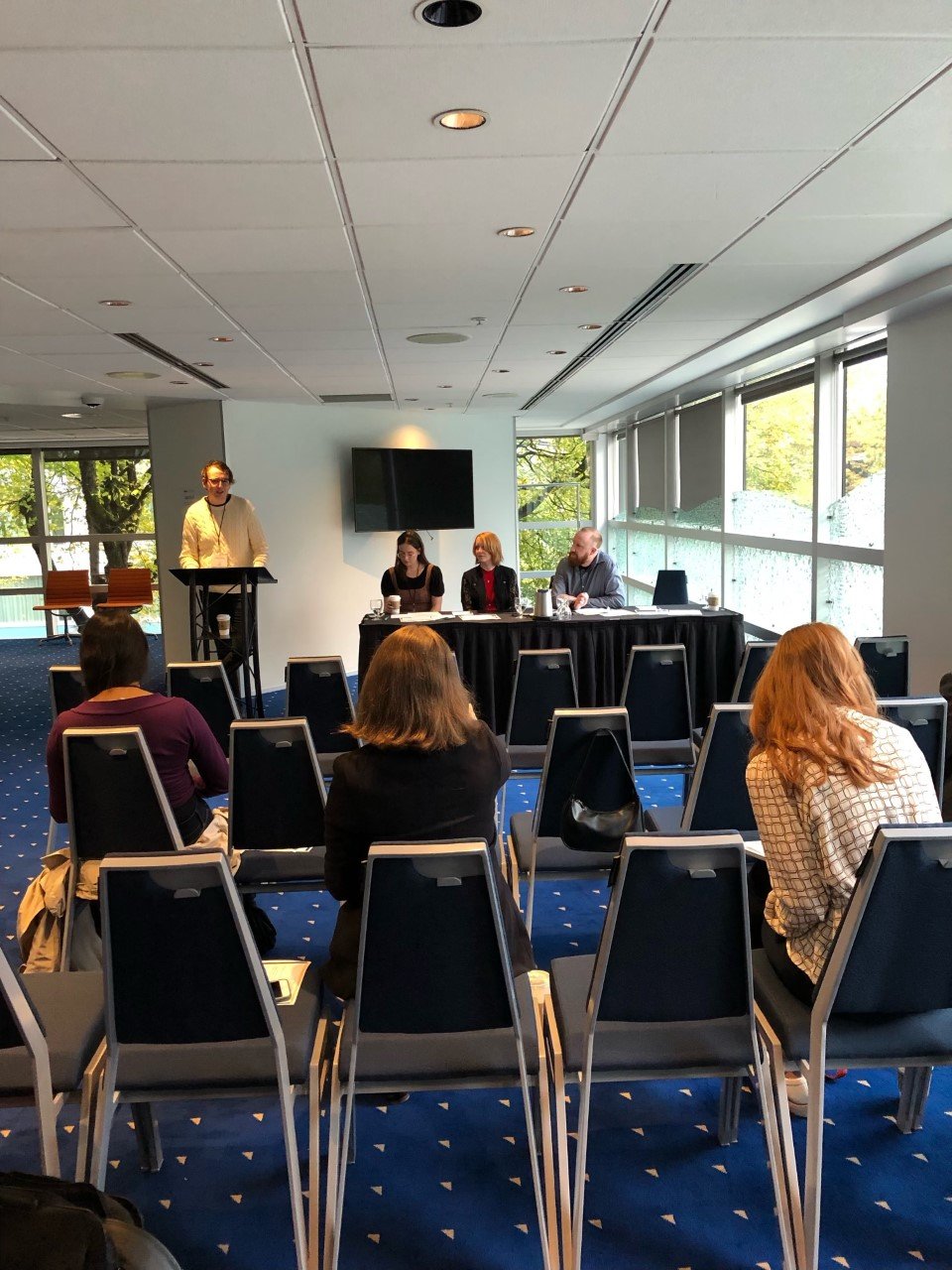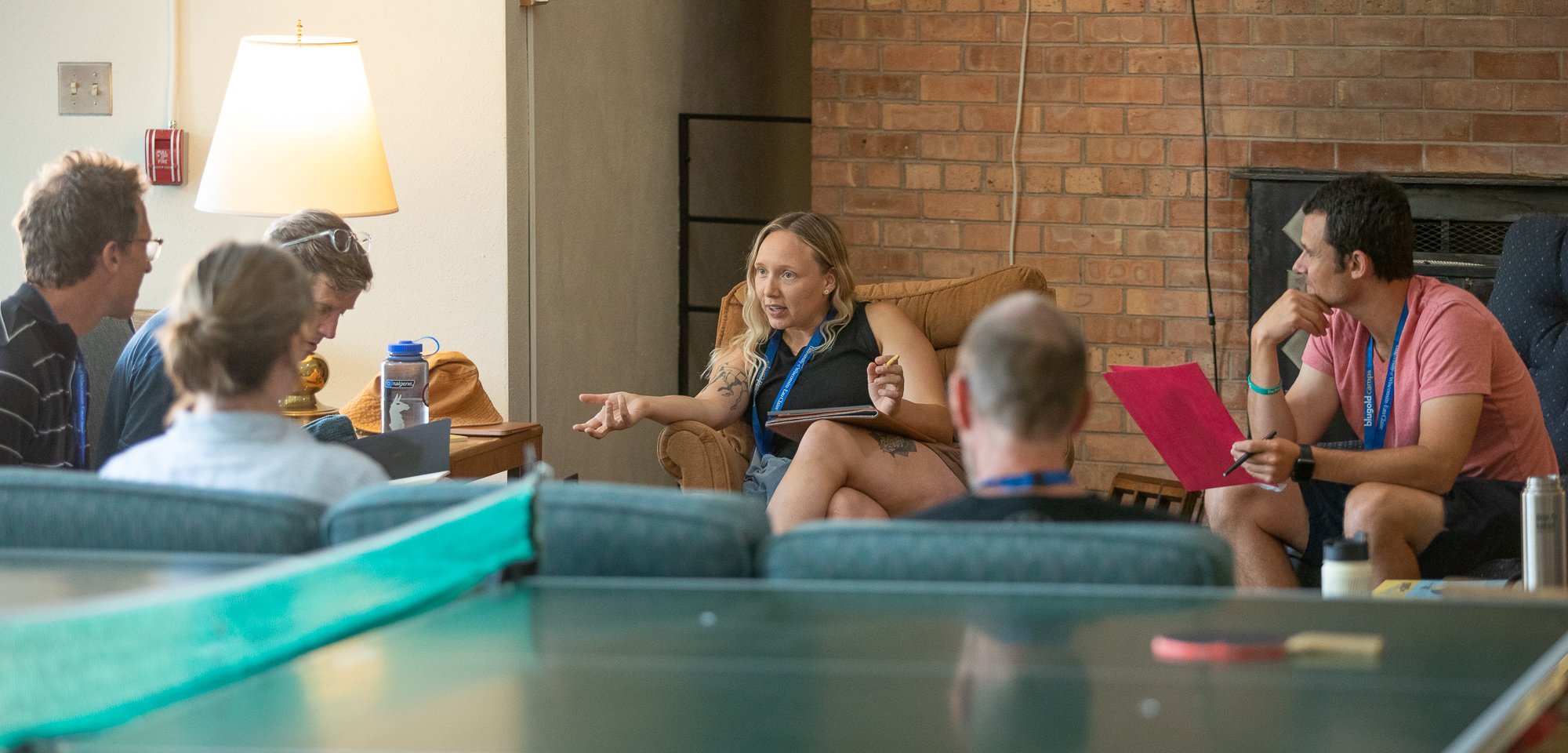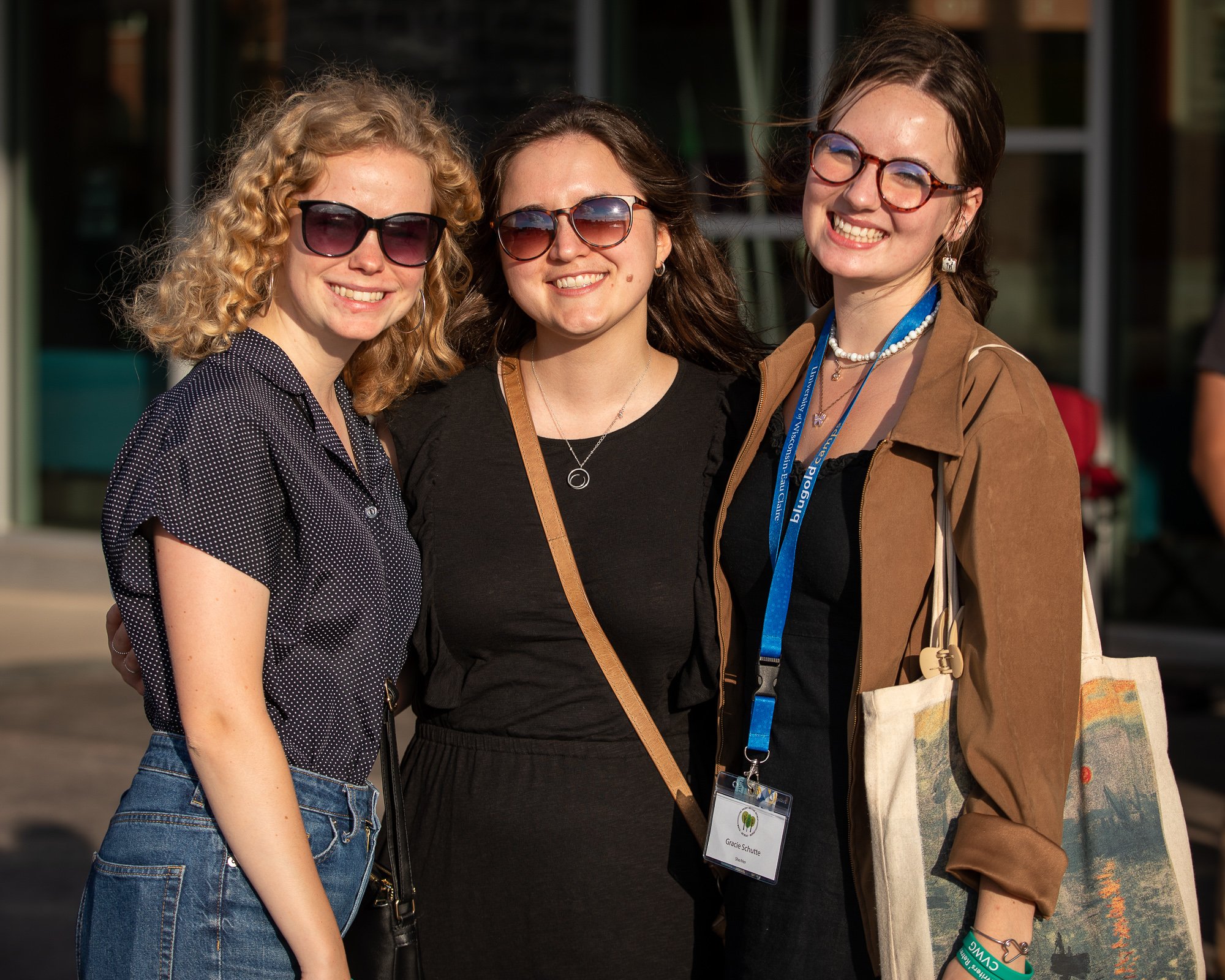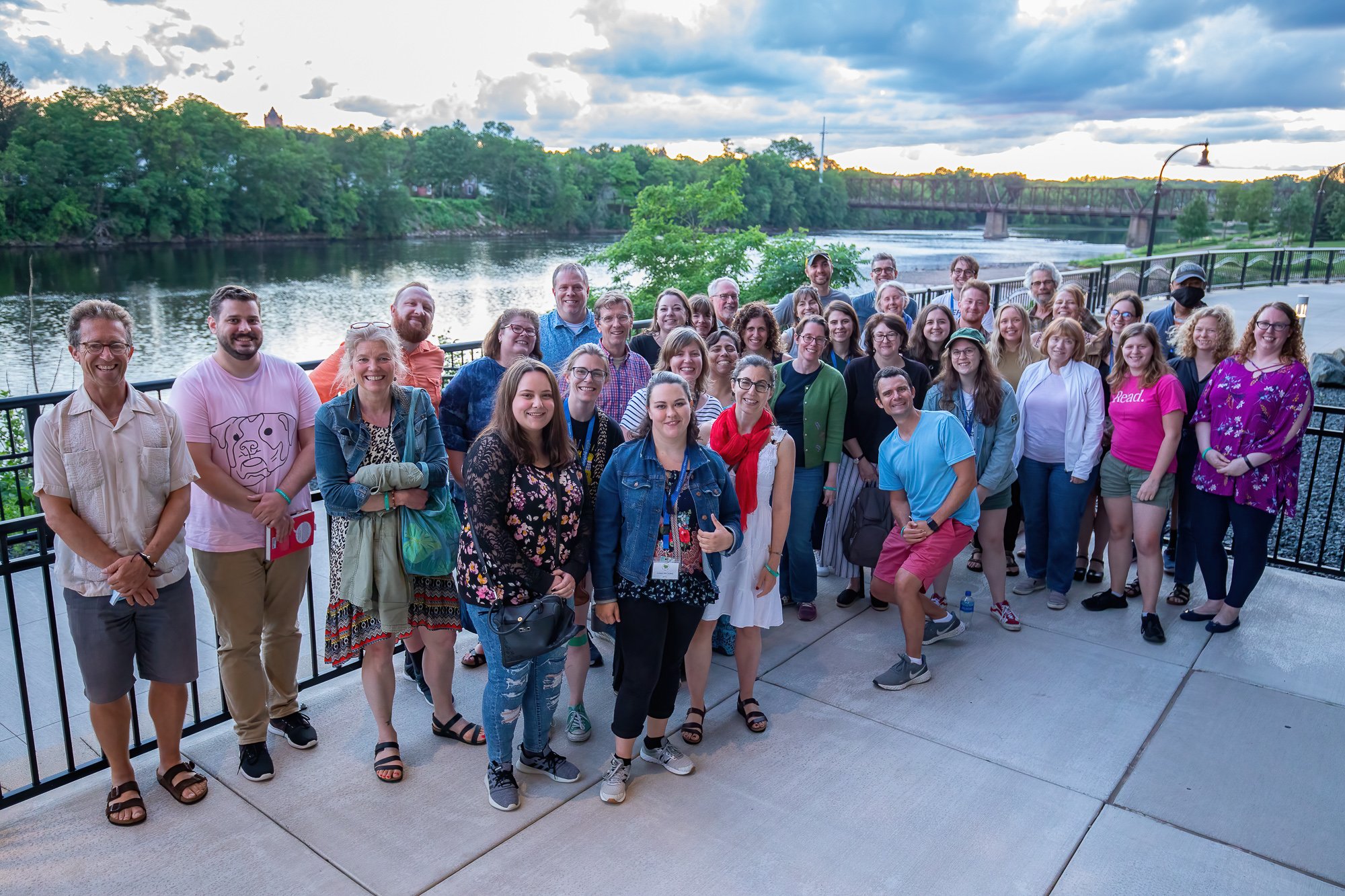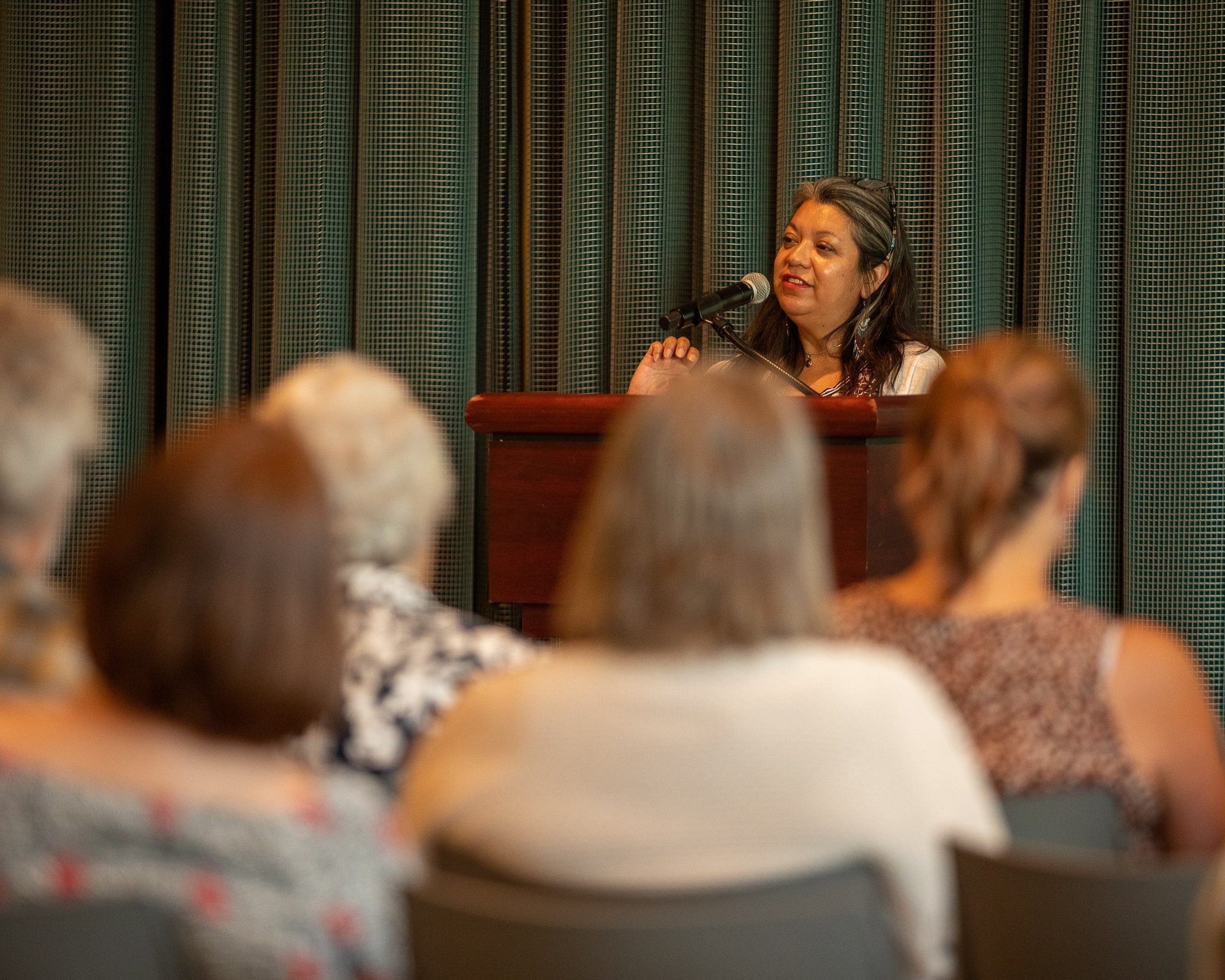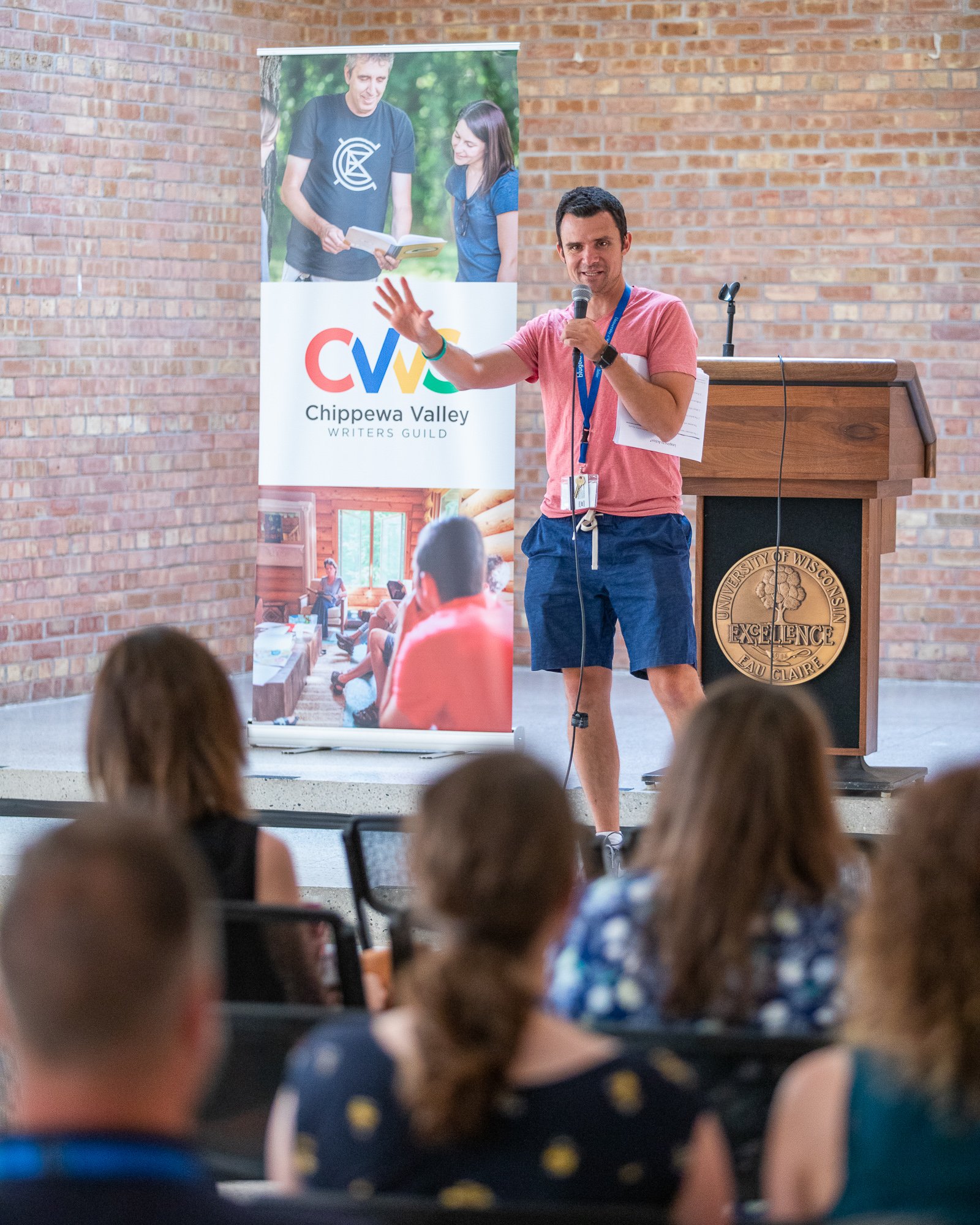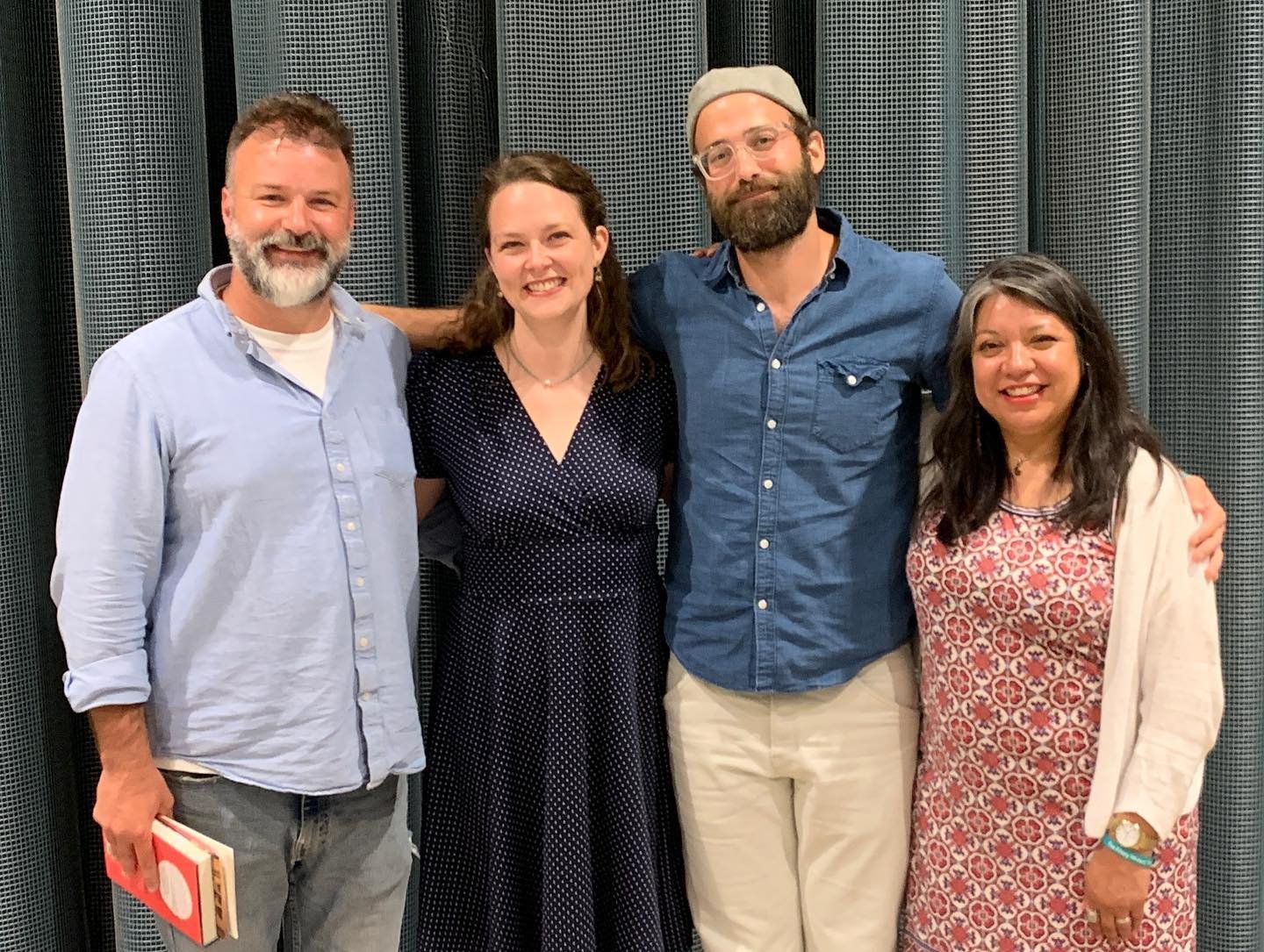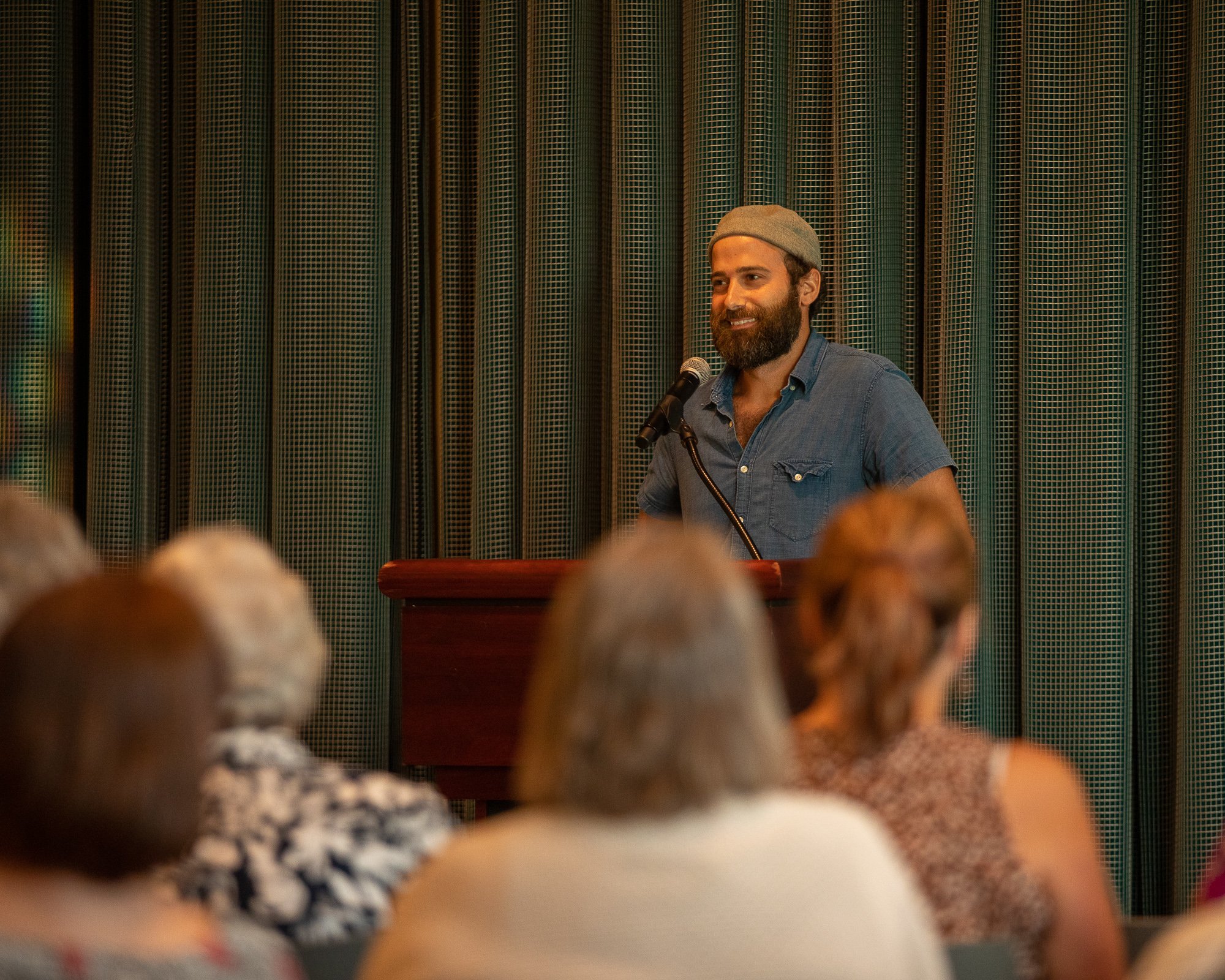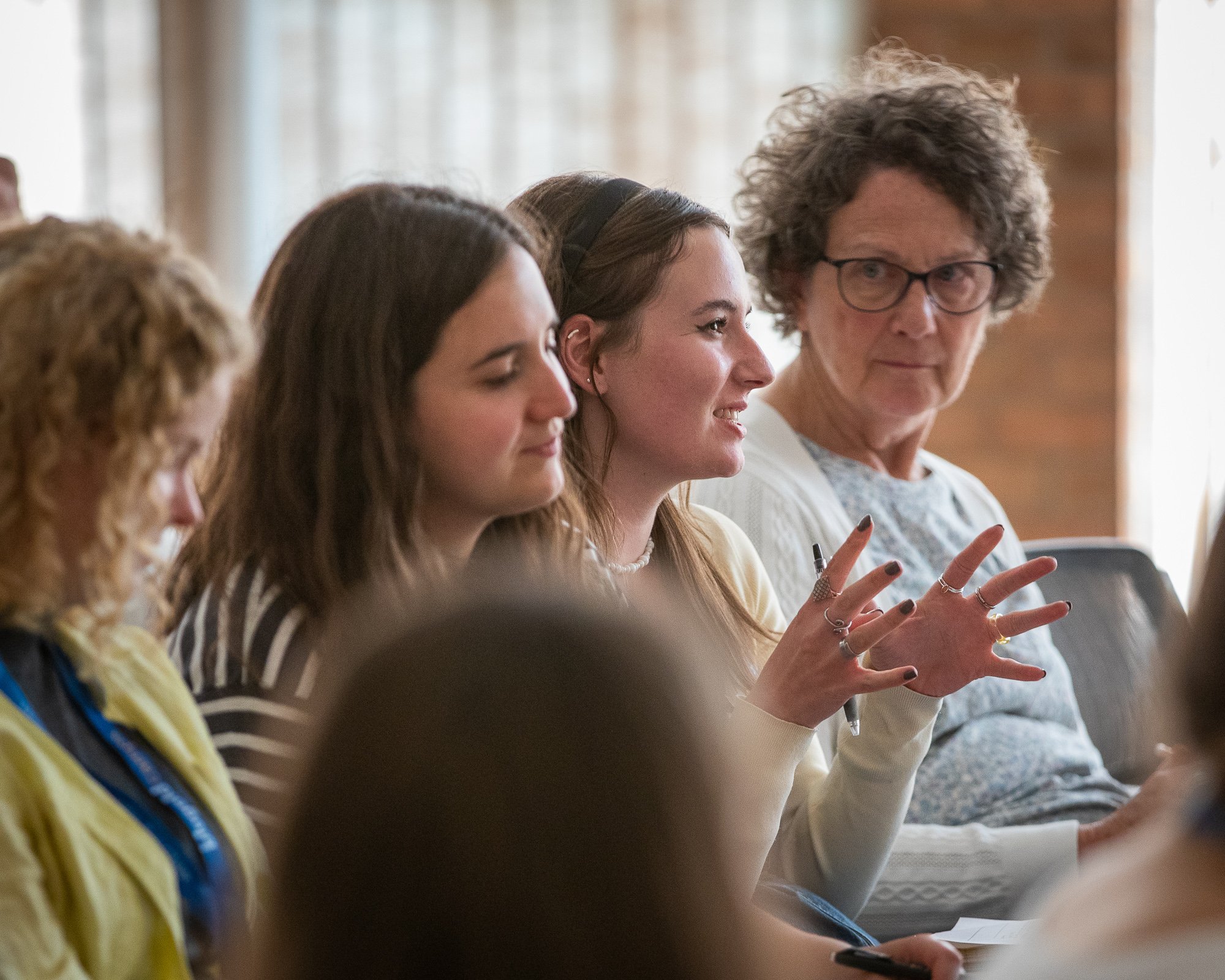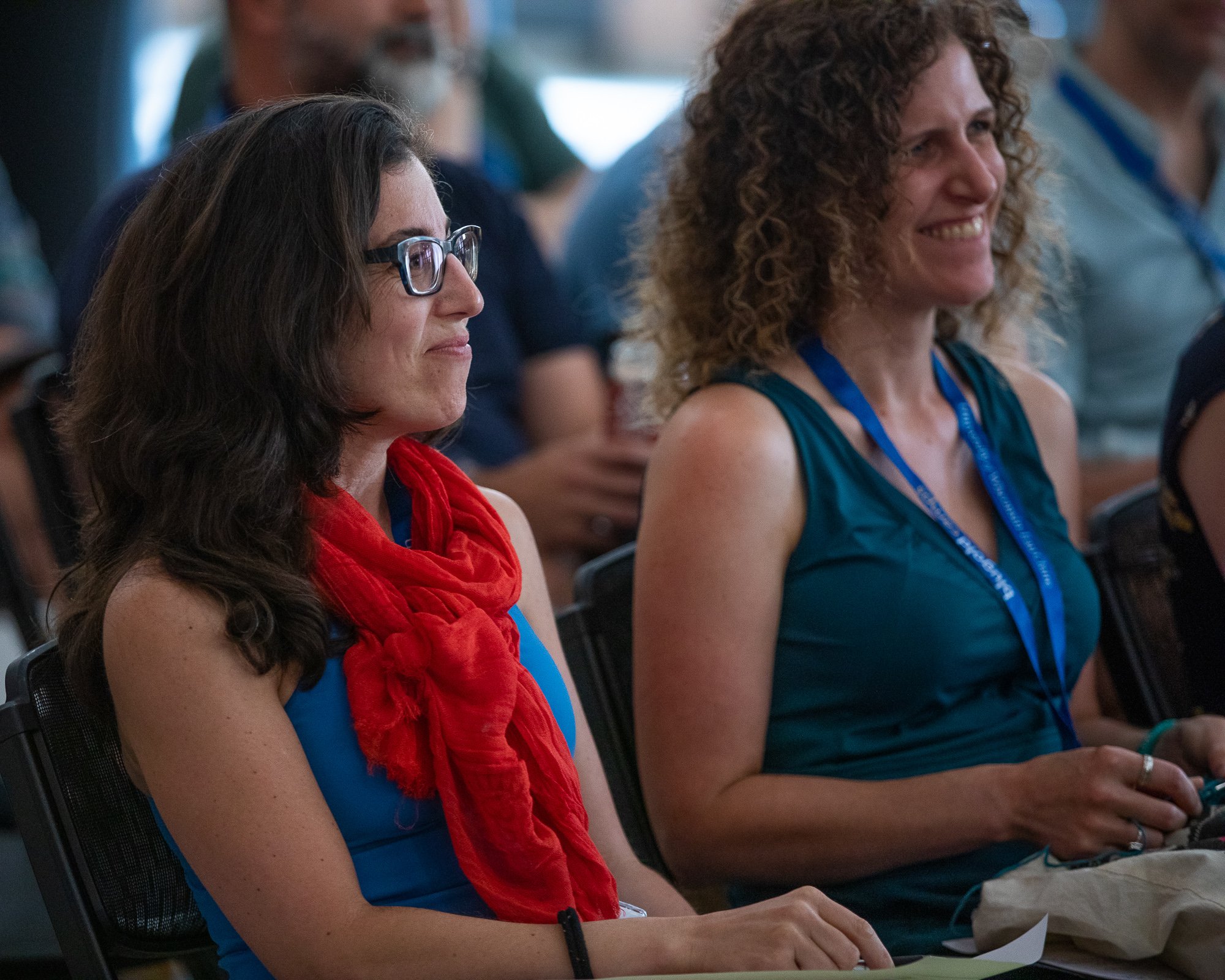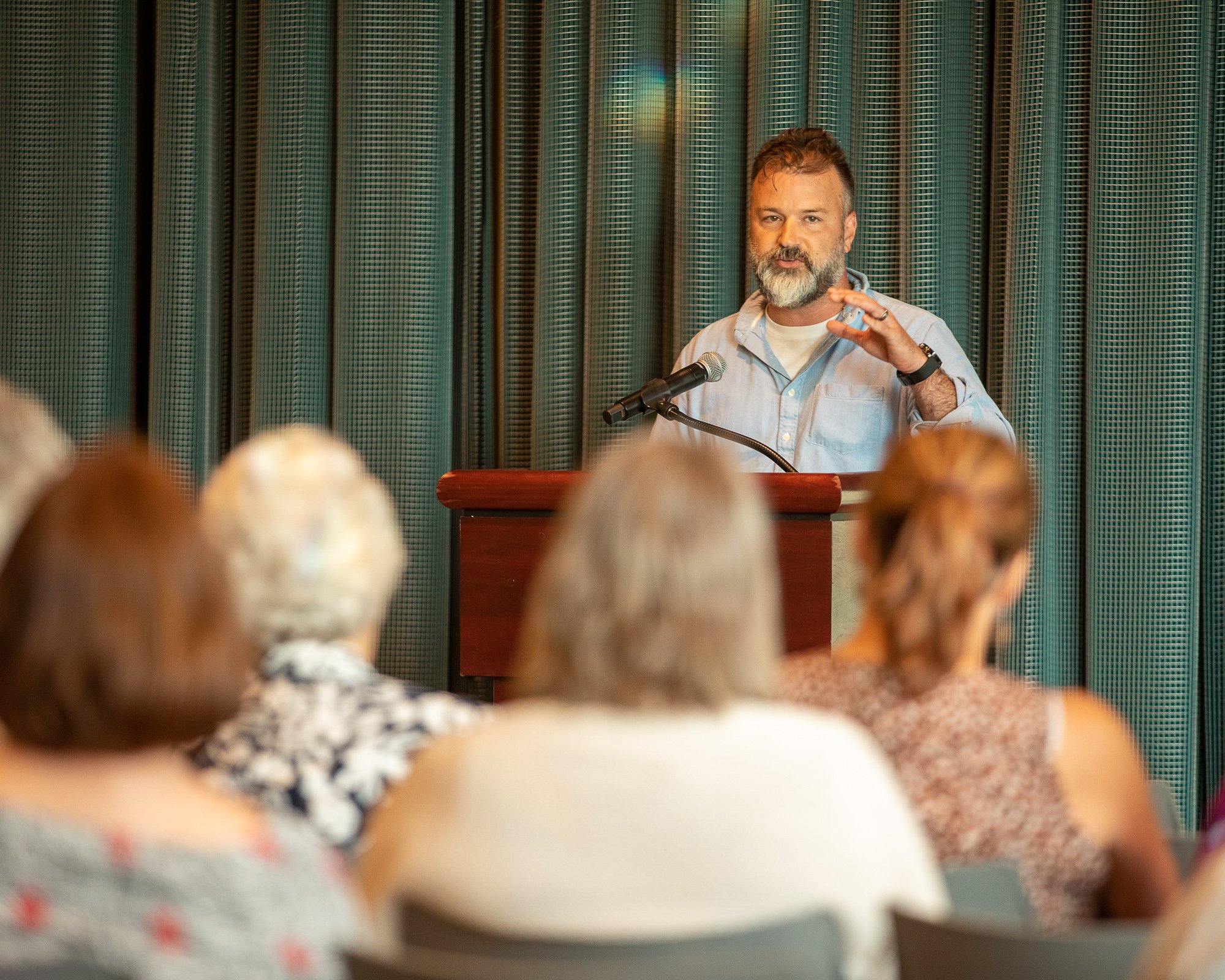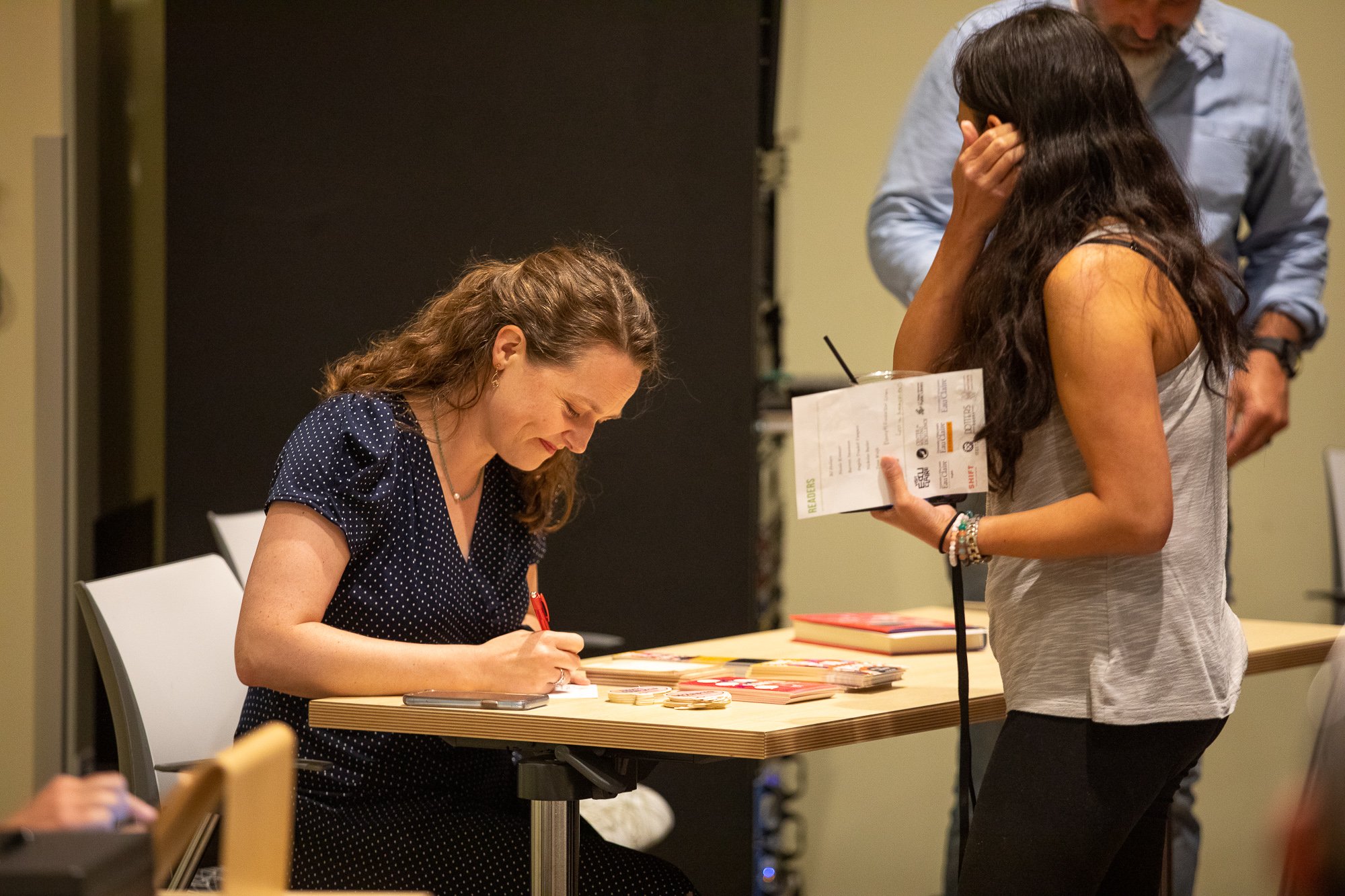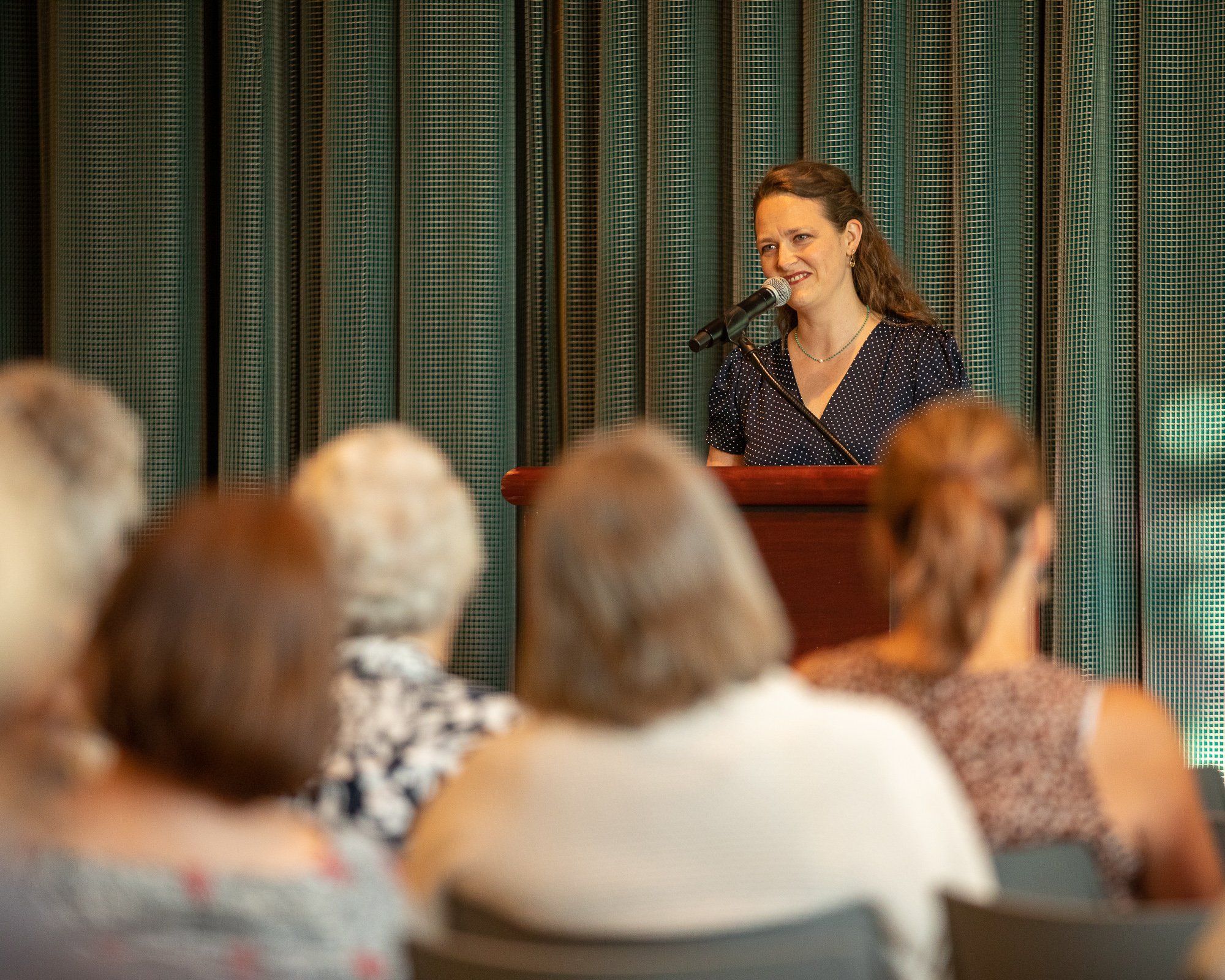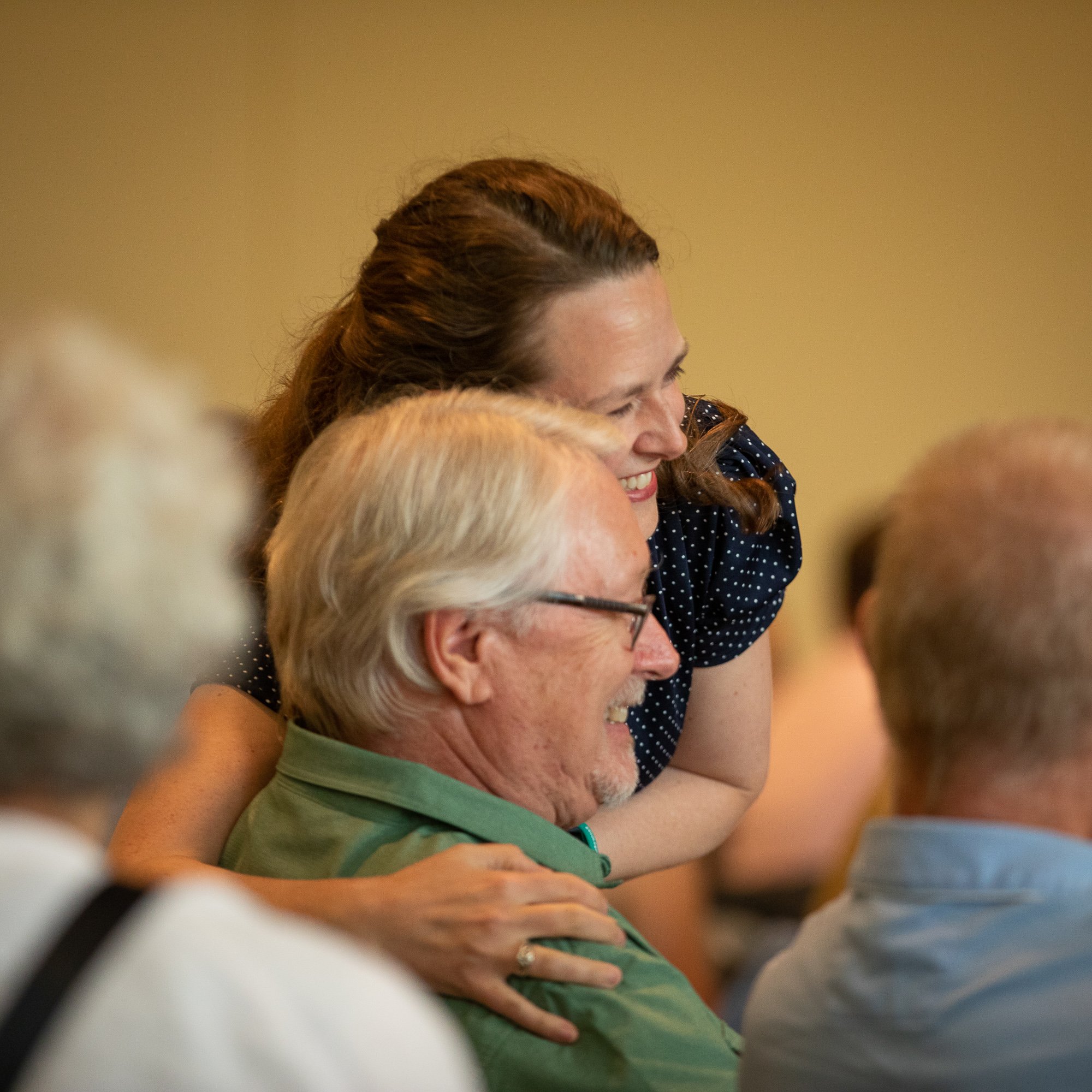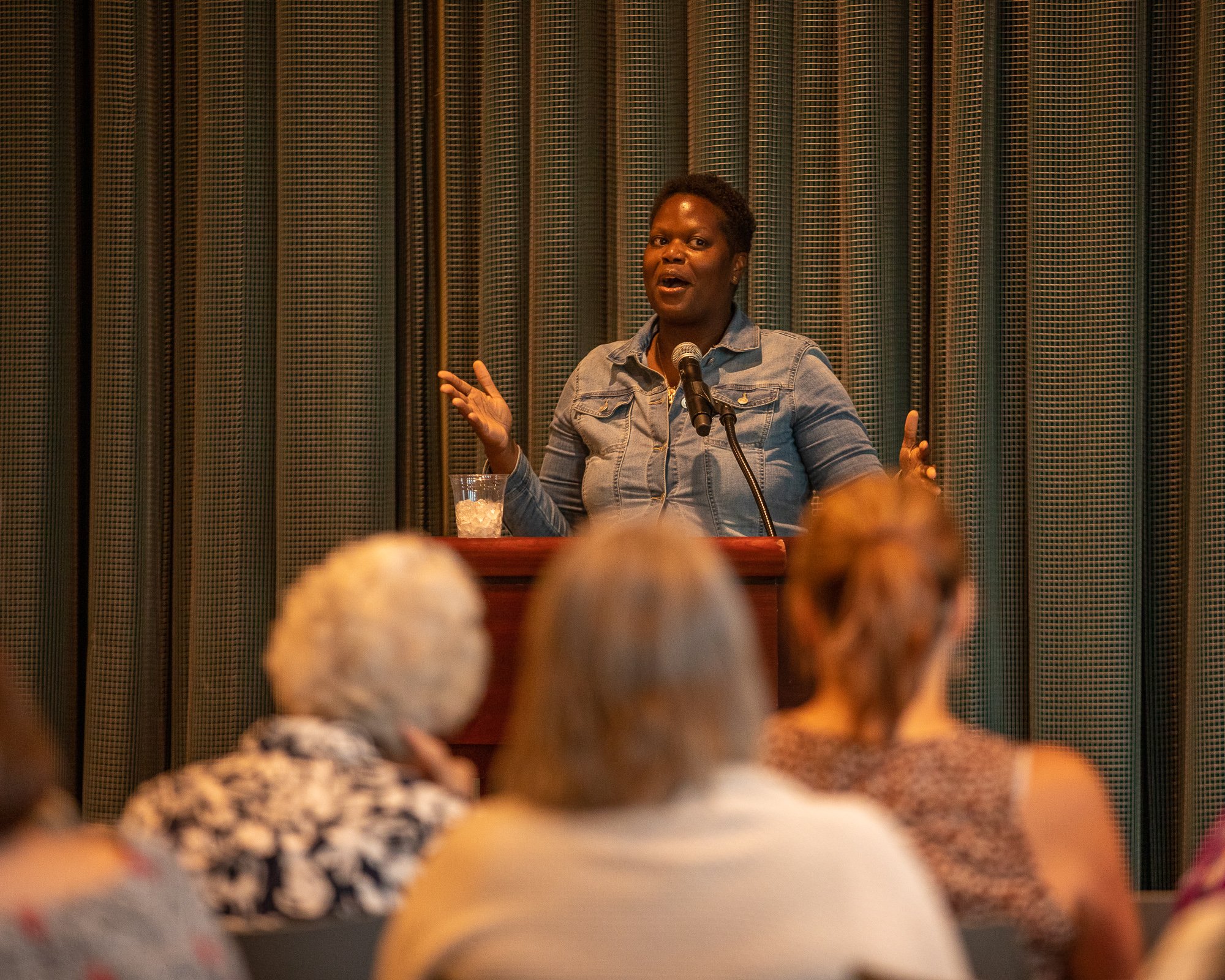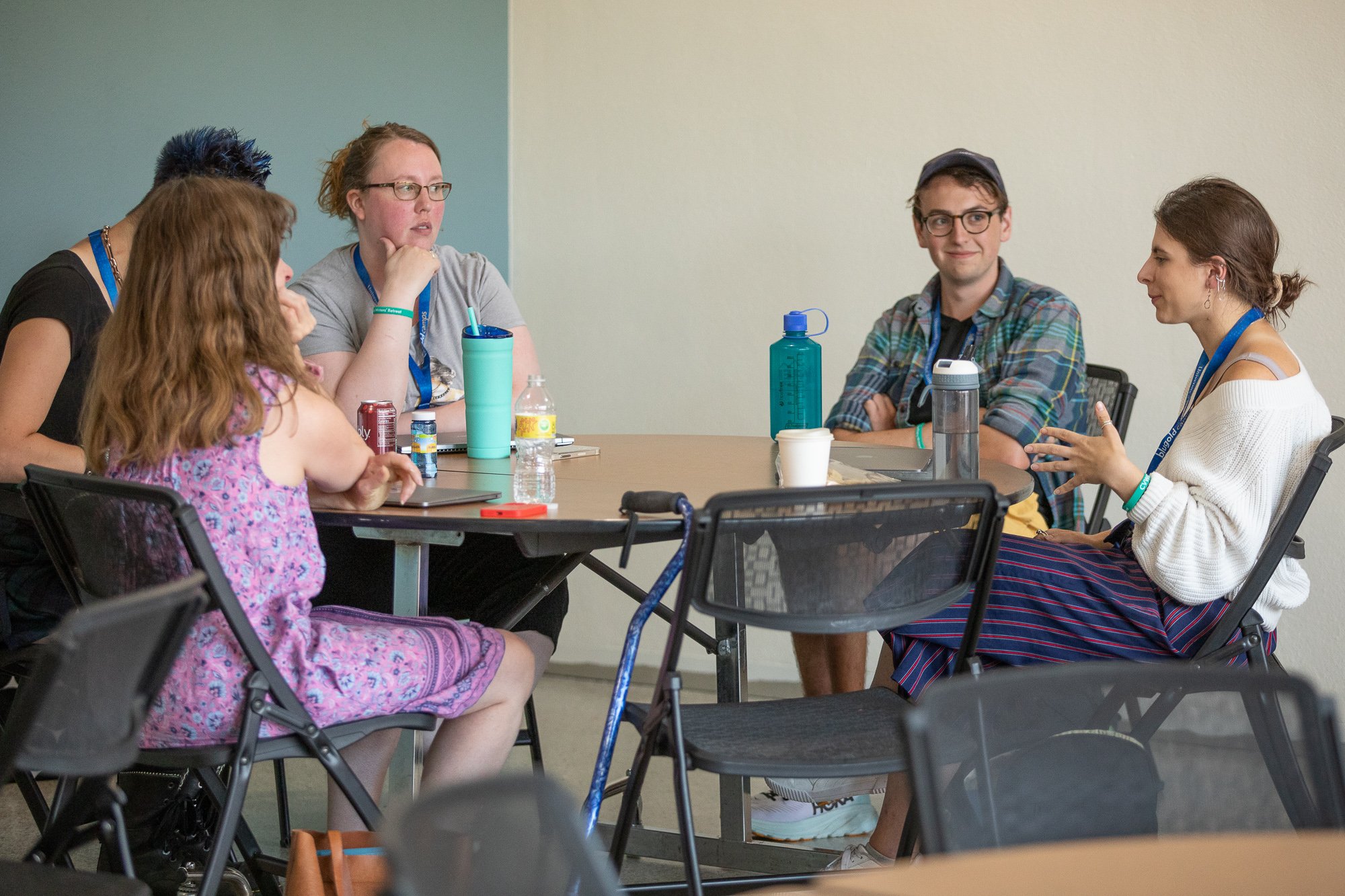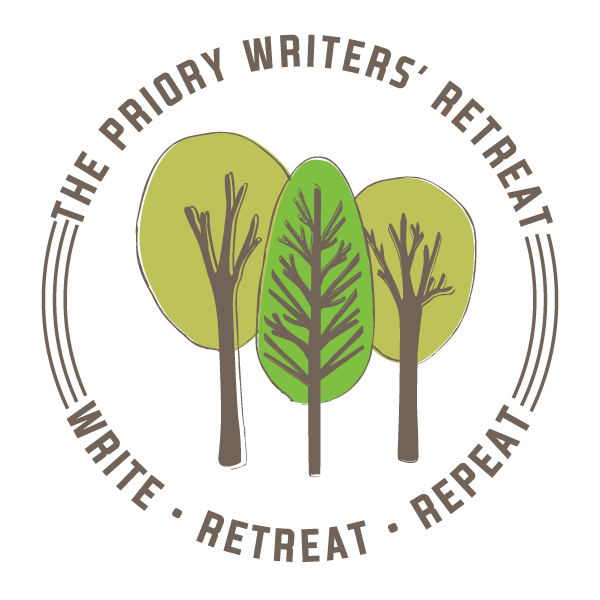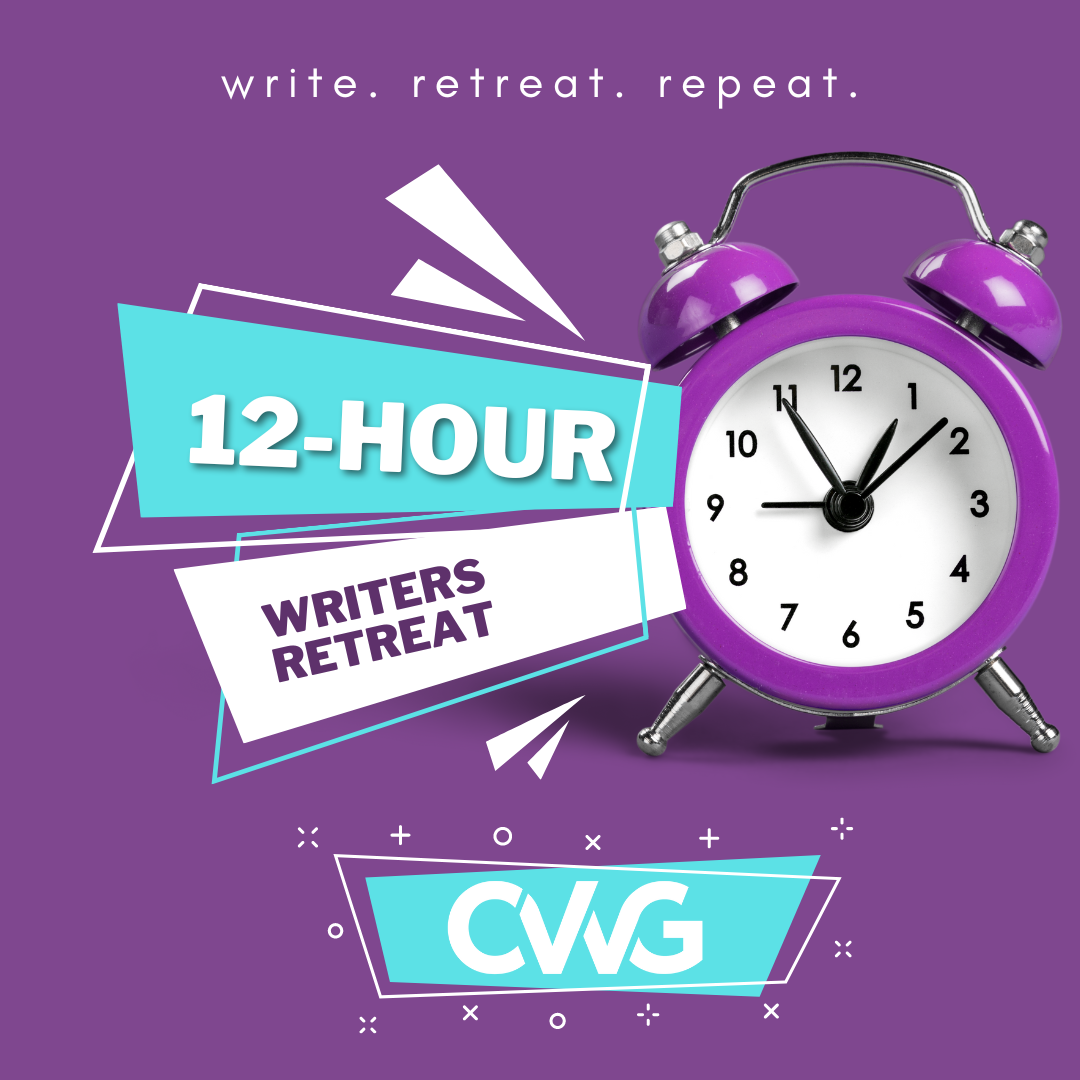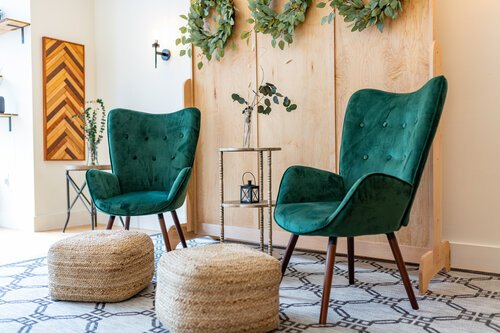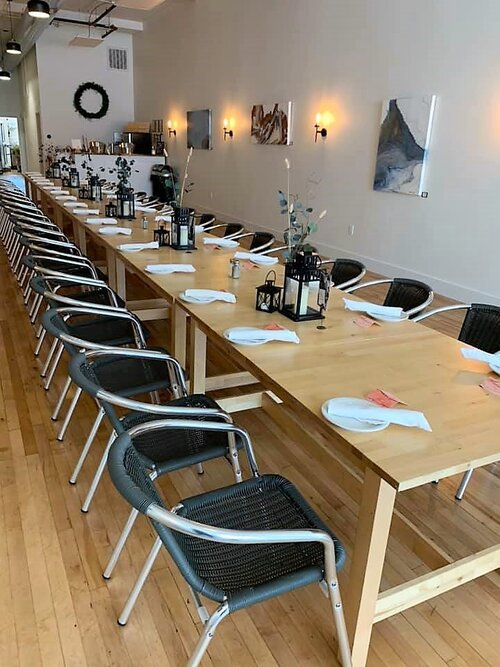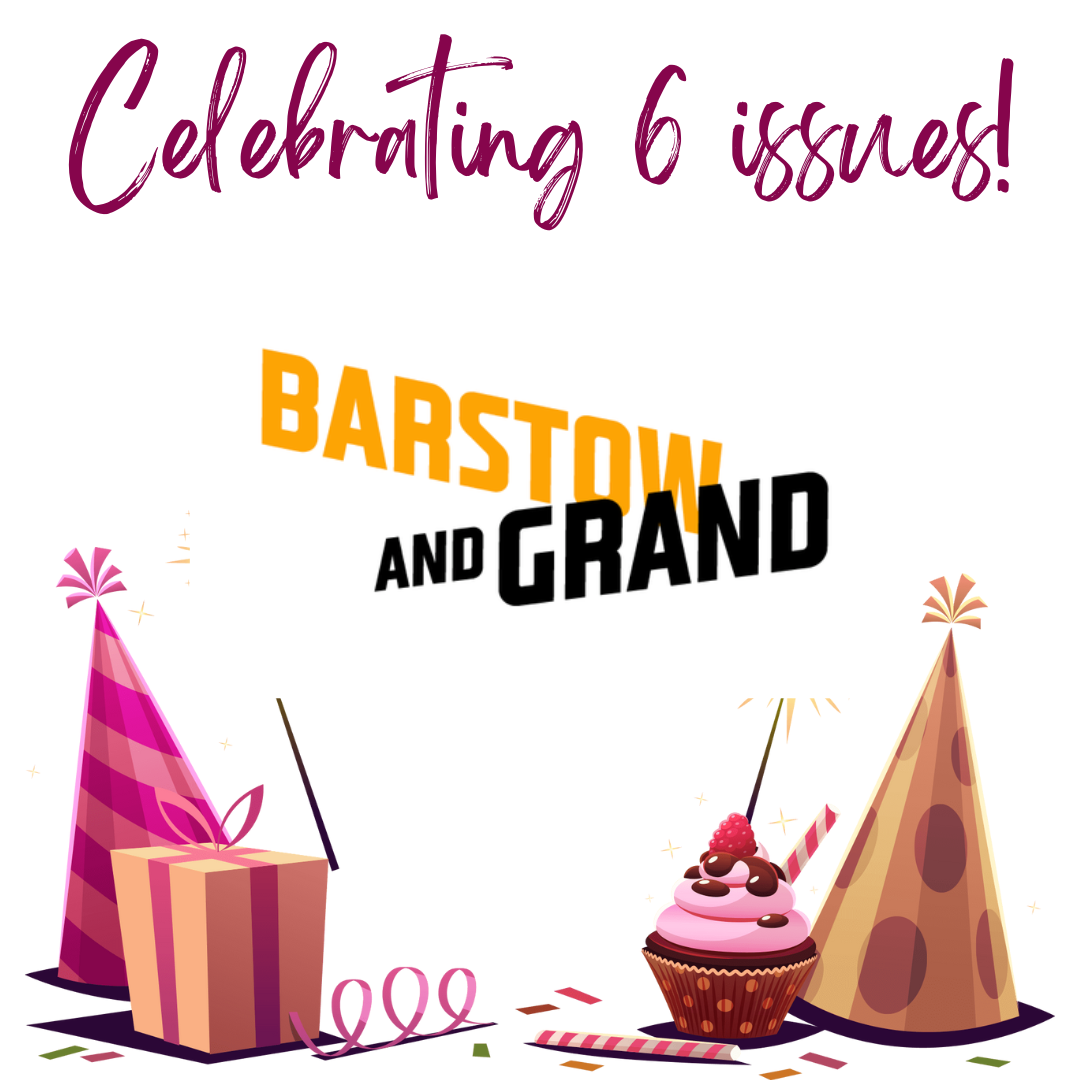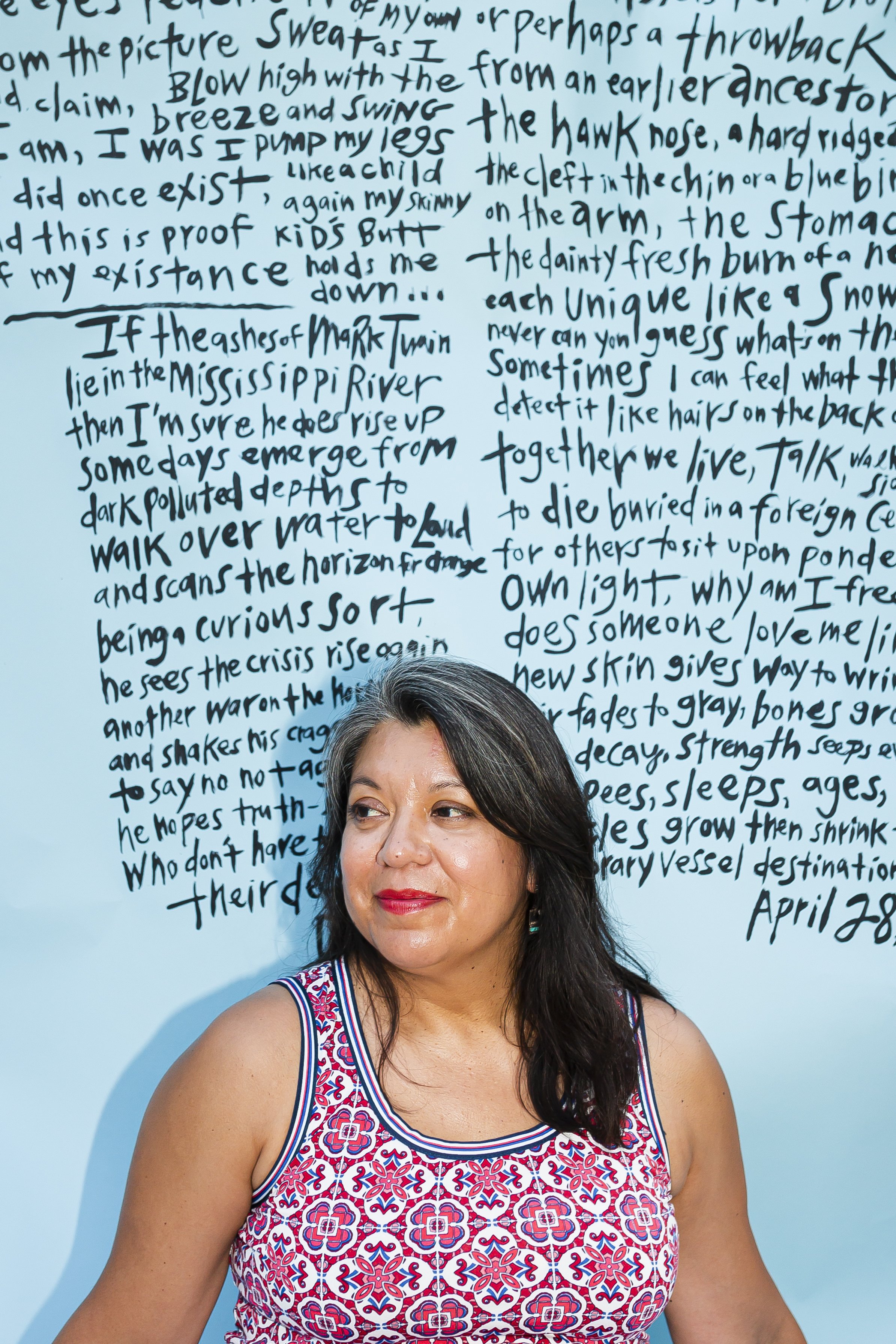Fishing and murder aren’t two things you often hear next to each other. Unless, of course, you are Victoria Houston, avid fisher and author of the Loon Lake Mystery Series. Then, you hear a lot about fishing, murder, and mystery in the Wisconsin Northwoods.
Houston’s Loon Lake series took place over 19 novels. Last year, she released Wolf Hollow, the first of the Lew Ferris Mysteries, which shares Loon Lake’s characters and location. But Lew Ferris, the former secondary protagonist, is now the main character. The forthcoming Hidden in the Pines will be the second Lew Ferris mystery.
Houston will be reeling audiences in with her know-how at the Chippewa Falls Public Library at 7PM on November 10th, giving a talk: “The Three Major Life Mistakes I’ve Made that Force Me to Write Fishing Mysteries.”
The Chippewa Valley Writers Guild sat down for a conversation with Houston about mystery, murder, and being a Wisconsin writer.
This conversation has been edited for clarity.
Thomas DeLapp: There are plenty of authors with long series, but only a few from around here. What’s it been like sticking around with these same characters across 21 books?
Victoria Houston: Well, I love it. Almost 25 years ago I made a decision, and it was based on my experience with some famous cartoonists — I had worked in publishing with people like Gary Trudeau, who does Doonesbury, Gary Larson, who does The Far Side, and Bill Watterson, with Calvin and Hobbes. I made a decision not to age my characters. I watched those cartoonists, and the ones who made that decision, it just freed up their work. So my characters, in all these years, have aged maybe two and a half years. And that works for me, because I’m very comfortable with who they are. I’m aware of other mystery writers who have written themselves into a corner because all of a sudden, their character is, you know, 90.
TD: So for 25 years you’ve been writing this series with a pretty regular output. Has fishing always been a part of your writing routine? What does your ideal writing day look like?
VH: Well I would say fishing is just a real escape. That’s always been an escape. I mean I've been fishing since I was three years old. When I was a little kid growing up in Rhinelander, we had a kiddie fish pond. I was the oldest of eight kids born in 10 years, and trust me, my mother just opened the door in the morning, said “here's your tackle box, get out, go.” My ideal work day is to tackle work first thing in the morning, after a full pot of coffee. Spend several hours on that and then that's enough for the day. If I have an opportunity to go out fishing with friends, I do get out on the water quite a bit.
TD: A constant plague for writers is that big scary word, ‘revision’. How do you approach revision, how do you see it in your work?
VH: Revision is critical. I'm not a plot driven writer, so I am not a writer who motors through a first draft, and then goes back to revise. I have a synopsis, what I think the story is, and who I think the first victim will be, and then I get started. But every day, I go back and rewrite work from a day, or two. or three before. By the time I finish the book, I have already revised consistently, six, seven, eight times. I don't move forward with the story until I'm happy with what has been written.
TD: This is a cliché question, but what is your favorite piece of advice to other writers? Maybe, to make it less cliché, what is your favorite advice specifically for Wisconsin writers?
VH: I mean I think the advice is always the same, and it's a horrible cliché, and it doesn't matter where the hell you live in the world: you just gotta keep your butt in the chair. I can tell you; I know people who are better writers than I am, people who are much more talented than I am, but do they sit down and get the work done? No. Because it takes time, it takes a year to write a book. I mean, I'm not exaggerating. There are people who are very talented, but they just resist putting in the time. Keep your butt in the chair.
TD: Your website lists some of your favorite literature and film. What are you reading and watching right now?
VH: Right now I'm rereading a Scandinavian series called the Martin Beck series. There are ten books in the series, and it's written by a couple, (Maj) Sjöwall and (Per) Wahlöö. Both of them have since died, but they really set the standard for Scandinavian mysteries. My other really go-to writer, for just sheer enjoyment, is Ross Thomas. Very, very good writer. Great characters, just a pleasure to read. Right now, because I'm working on a book, I won't read any contemporary mysteries. I don't want to have something accidentally in my head.
I just finished a great series called Bad Sisters on Apple, that was fun. I'm watching an excellent sci-fi show, For All Mankind. I have a son who is an Emmy award-winning comedy writer, he recommended it and said the second and third seasons are the best. Well, the first season is great; I don't know how it will get any better. I watch Borgen on Netflix, that's a Danish government drama.
TD: Any last pieces of advice?
VH: Okay, so here's my advice for anyone who is interested in entering the world of mystery fiction. Get out there and do some magazine, newspaper, or online writing. Investigative work. Also consider seriously work in public relations and advertising. The reason I say public relations and advertising is that they teach you how to put a lot of information in very few words. Being concise is key.
Victoria Houston will present at the Chippewa Falls Public Library on November 10th at 7 pm. For more information, visit the library website.














